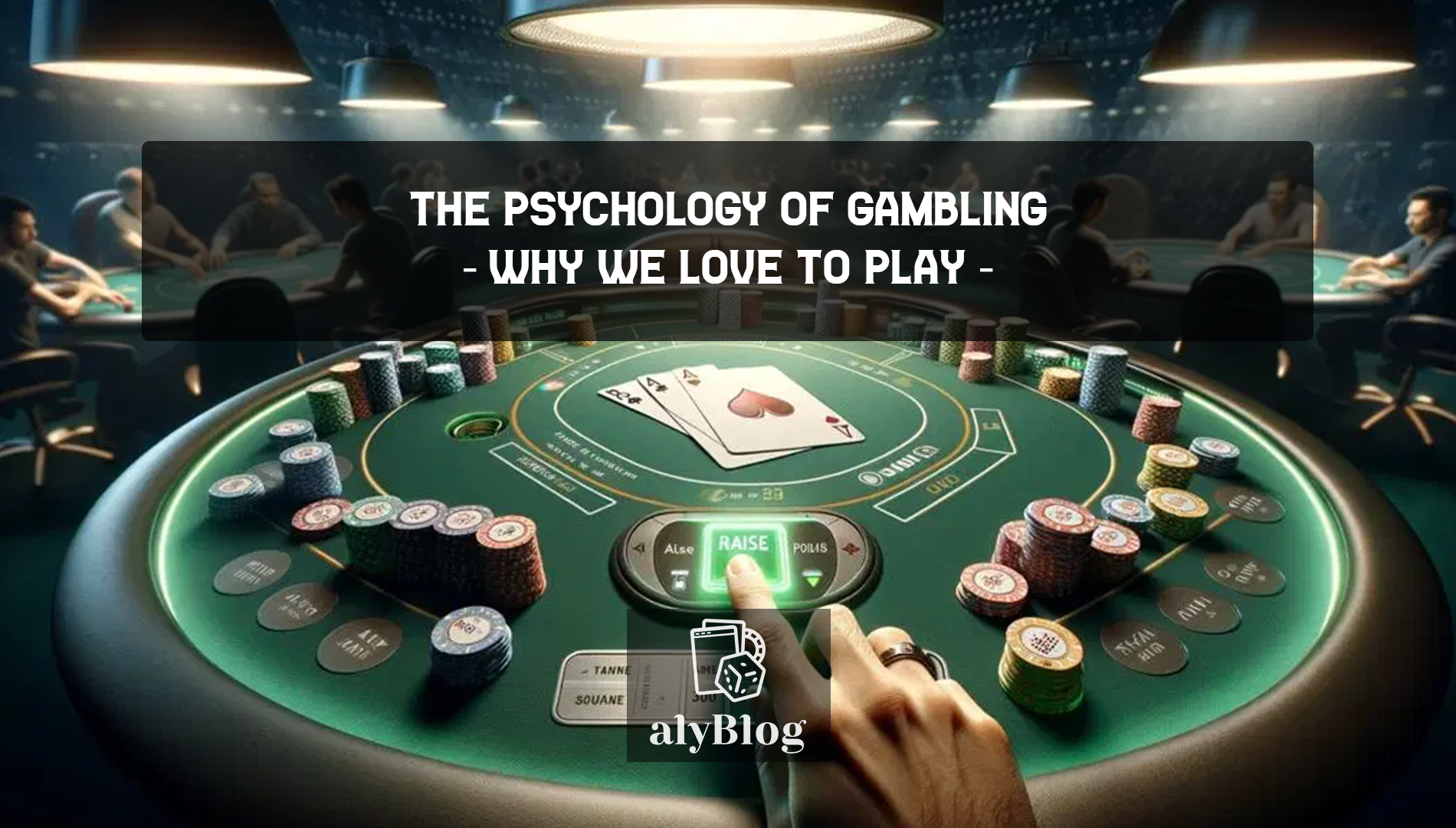The psychology of gambling is a fascinating field that delves into the reasons why people are drawn to games of chance. Here are some key aspects that contribute to our love for playing:\
The Thrill of Uncertainty
- Gambling activates our brain’s reward system, releasing dopamine, a neurotransmitter associated with pleasure and excitement.
- The uncertainty of the outcome, whether it’s the spin of a roulette wheel or the turn of a card, creates anticipation and a rush of adrenaline.
The Illusion of Control
- Even in games of pure chance, people often feel a sense of control over the outcome.
- This can stem from choosing lucky numbers, employing betting strategies, or simply feeling “due” for a win.
The Near-Miss Effect
- Narrowly missing a win can be more motivating than a complete loss.
- Near misses trigger a stronger dopamine response, encouraging players to keep trying in hopes of that elusive victory.
Social Interaction
- Gambling can be a social activity, whether it’s playing poker with friends or enjoying the atmosphere of a casino floor.
- The shared experience and camaraderie can enhance the enjoyment of gambling.
Escapism
- For some, gambling provides a temporary escape from the stresses and worries of everyday life.
- The focus on the game and the potential for rewards can offer a brief respite from reality.
The Gambler’s Fallacy
- The mistaken belief that past outcomes influence future results (e.g., after a series of losses, a win is “due”).
- This cognitive bias can lead to chasing losses and irrational betting patterns.
The Variable Ratio Reinforcement Schedule
- Gambling operates on a variable reinforcement schedule, meaning rewards are unpredictable and occur at varying intervals.
- This type of reinforcement is highly addictive and keeps players engaged in hopes of the next big win.
Personality Traits
- Certain personality traits, such as impulsivity, sensation-seeking, and competitiveness, can predispose individuals to gambling.
Important Considerations
While gambling can be a fun and exciting activity, it’s crucial to recognize the potential risks and gamble responsibly. Problem gambling can lead to financial difficulties, relationship problems, and other negative consequences. If you or someone you know struggles with gambling addiction, seeking professional help is essential.
Remember, understanding the psychology behind gambling can help us make informed choices and enjoy the entertainment aspect while minimizing potential harm.
Let me know if you’d like more information on any specific aspect of the psychology of gambling!




